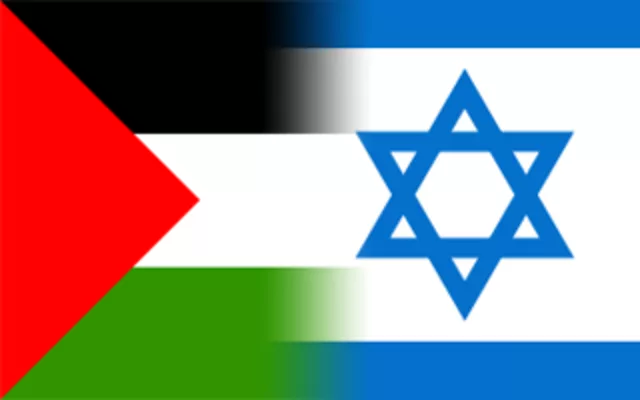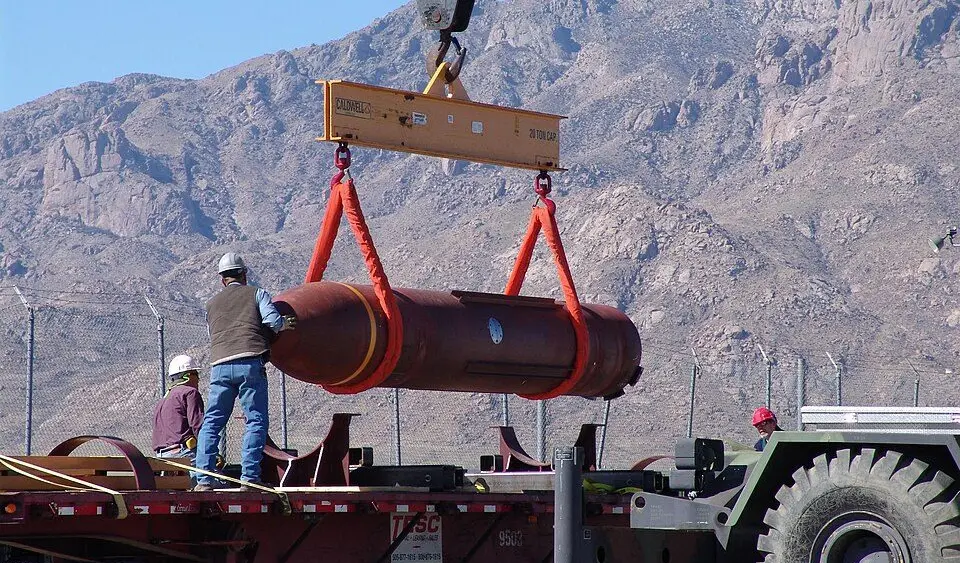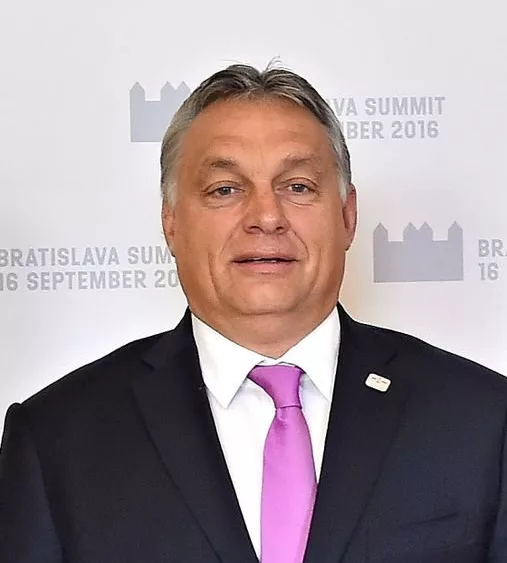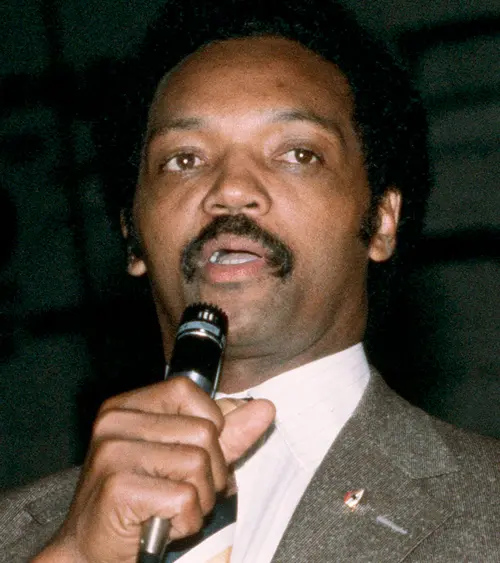
Israel and Palestine Flags/Yellowblood, Public domain, via Wikimedia Commons
by Emmitt Barry, with reporting from Worthy News Jerusalem Bureau Staff
(Worthy News) – The United Nations Security Council has begun formal preparations for a resolution that would establish an international stabilization force in Gaza, implementing key elements of U.S. President Donald Trump’s “20-Point Plan” for Middle East peace and Gaza’s long-term reconstruction.
The proposed measure–titled the “Comprehensive Plan for Ending the Conflict in Gaza”– aims to secure broad international approval for a postwar framework that demilitarizes the Gaza Strip, installs a vetted Palestinian police force, and sets up a new transitional governance mechanism under international oversight.
The resolution is currently in draft form with fewer than ten articles. The plan has been under negotiation for weeks among the United States, Israel, and Egypt, with input from Muslim-majority nations such as Indonesia and Azerbaijan, who have demanded Security Council authorization before deploying troops.
Key Provisions of the Draft Resolution
• International Stabilization Force (ISF): A multinational contingent–operating under a unified command and in coordination with Israel and Egypt–would become the only authorized military presence in Gaza. Its mandate includes securing borders, dismantling Hamas’s terror infrastructure, ensuring demilitarization, and preventing reconstruction of militant networks. The ISF would also assist in humanitarian operations, protect civilians, and train Palestinian police units.
• Two-Year Initial Mandate: The ISF would function until December 2027, with renewal subject to Security Council approval. Deployment could begin as early as January, according to U.S. officials.
• Board of Peace (BoP): An international transitional body with legal authority to coordinate aid, supervise reconstruction, and oversee reforms within the Palestinian Authority before governance responsibilities are transferred back to reformed Palestinian institutions.
• Humanitarian Oversight and Aid Integrity: Aid to Gaza would resume under strict supervision to prevent diversion to Hamas or affiliated terror organizations. The World Bank is expected to manage a special reconstruction fund.
• Palestinian Civilian Leadership: Local administration would be carried out by a professional, non-political Palestinian committee under BoP supervision.
Diplomatic and Regional Context
While the draft marks the most significant international initiative yet to stabilize Gaza after a year of war, it notably does not invoke Chapter VII of the UN Charter — meaning the ISF will not be a UN “Blue Helmet” peacekeeping force. The United States and Israel insisted on this distinction to avoid establishing a precedent of UN-controlled missions in Israeli-Palestinian contexts.
Instead, the ISF would operate under a cooperative, U.S.-led structure designed to “enforce” demilitarization rather than merely “maintain peace.” Jerusalem has endorsed this approach but has faced reservations from Arab states such as Jordan and Egypt, which prefer a traditional peacekeeping role.
Sources familiar with the negotiations say the U.S. aims to have the Security Council vote on the resolution within weeks, with Washington hoping to secure approval before Saudi Crown Prince Mohammed bin Salman’s scheduled White House visit on November 18 — a meeting expected to focus heavily on Gaza’s reconstruction.
Six Muslim-majority nations — Saudi Arabia, Qatar, the UAE, Jordan, Pakistan, and Indonesia — recently met in Istanbul to discuss participation. Turkish Foreign Minister Hakan Fidan said decisions on troop contributions will depend on the ISF’s “mandate and authority,” emphasizing the need for Security Council endorsement first.
Israeli officials have confirmed that troops from Indonesia, Azerbaijan, and Pakistan are among those being considered for participation in the force.
Implementation Under Trump’s 20-Point Plan
Under Trump’s “20-Point Plan,” Israeli forces would gradually withdraw from areas of Gaza as the ISF deploys, maintaining a limited security perimeter until full demilitarization is verified. Israel currently retains control over approximately 53 percent of the Strip–territory defined by the “Yellow Line” in Trump’s peace framework.
Prime Minister Benjamin Netanyahu has reiterated that the Palestinian Authority will not govern Gaza. However, U.S. officials have indicated that eventual Palestinian self-administration remains the long-term goal once reform benchmarks are met.
Hamas, meanwhile, has rejected any forced disarmament, prompting President Trump to warn last month that “if they won’t hand over their weapons, we will disarm them–and it’ll happen quickly, perhaps violently, but they will disarm.”
As negotiations continue, the resolution marks a pivotal moment in shaping Gaza’s postwar landscape–one that could redefine international involvement in the Israeli-Palestinian conflict for years to come.
The post UN Security Council Advances Trump-Backed Gaza Resolution Creating International Stabilization Force appeared first on Worthy Christian News.









